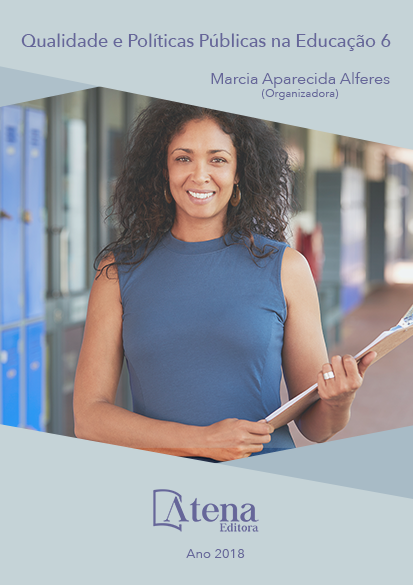
A PRÁTICA DO JORNAL ESCOLAR NO ENSINO SUPERIOR PARA O LETRAMENTO INFORMACIONAL DE FUTUROS EDUCADORES
A formação crítica para a leitura e
interpretação tornou-se ainda mais necessária
na sociedade pós-industrial e, saber lidar com
a informação, tornou-se uma necessidade
formativa em constante mudança para atender
ao trabalho humano em sua atuação também
no contexto digital. Por isso, o presente estudo
tem por objetivo analisar a prática do jornal
escolar no letramento informacional de futuros
educadores, de forma que se sintam aptos a
reproduzir tal atividade educativa na sua práxis
profissional de forma consciente, organizada,
produtiva e transdisciplinar, além de criativa e
autônoma. Para que isso ocorra de maneira
produtiva, a educomunicação precisa estar
presente já no processo de formação dos novos
educadores, com o intuito de conduzir para
uma formação informacional crítica em relação
à busca, seleção e recriação de informações
diversas. Com base em uma pesquisa
bibliográfica, atentamos para essa prática é
uma das metodologias educomunicativas que
podem promover o letramento informacional e
deve ser utilizada desde a formação de futuros
educadores.
A PRÁTICA DO JORNAL ESCOLAR NO ENSINO SUPERIOR PARA O LETRAMENTO INFORMACIONAL DE FUTUROS EDUCADORES
-
DOI: 10.22533/at.ed.1311819123
-
Palavras-chave: Jornal Escolar. Educomunicação. Formação de Educadores. Letramento Informacional.
-
Keywords: School Newspaper. Educommunication. Teacher EducationInformation Literacy.
-
Abstract:
The critical training to reading and
interpreting became even more necessary in
the Post-industrial society; and knowing how to
deal with information became an ever-changing
necessity in order to provide qualified human
labor also in digital environments. Therefore,
the present study aims to analyze the effects of
a School Newspaper Project for a better future
educators’ information literacy, so that they
are able to play such an educational activity
in their professional practices in a conscious,
organized, productive, and transdisciplinary
way, in addition to a creative and autonomous
process. For productively developing this,
the educommunication needs to be already
present in the procedures of training new
teachers, with the aim of leading to a formation
of informational criticism related to the search,
selection and re-creation of diverse knowledge.
Thereforem, based on a literature review, we
consider that this kind of practice is one of the
educommunicative methodologies which can
promote the information literacy and which
should be used in the training of future educators
from the beginning
-
Número de páginas: 15
- Renata de Oliveira Sbrogio


